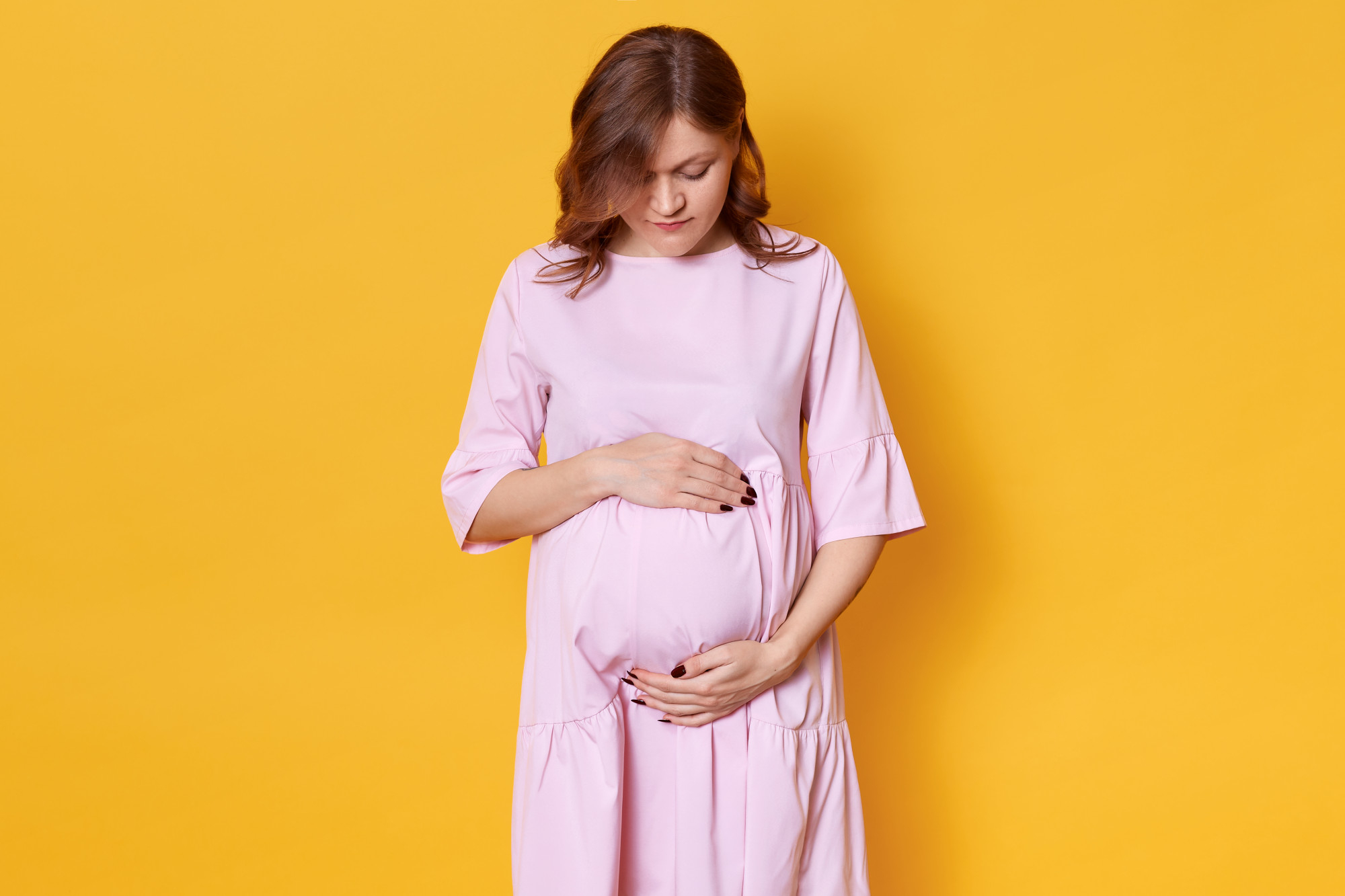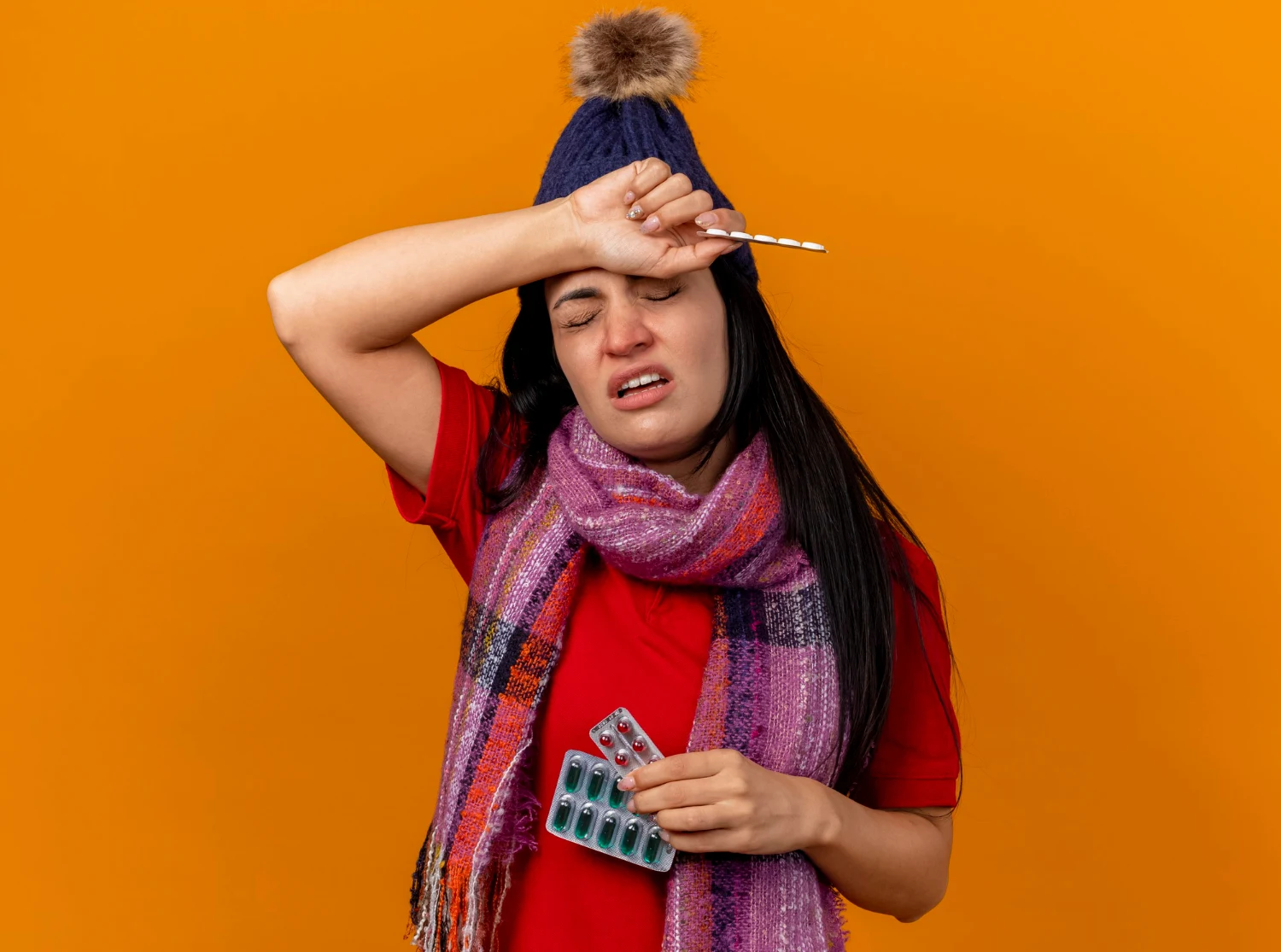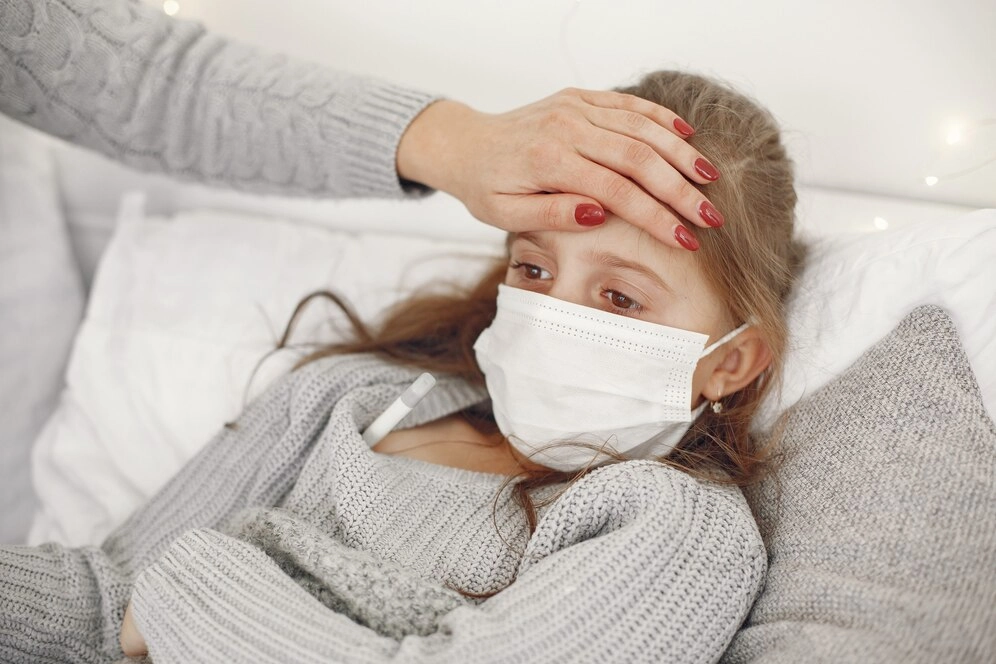What Precautions Should Pregnant Women Take During The Monsoon?
Category: General medicine
The monsoon season is a welcome relief from the summer heat, but for pregnant women, it also brings unique health concerns. High humidity, sudden weather changes, and the rise in infections can affect both mother and baby. Pregnant women need to be extra careful during this season, as immunity may be lower and the risk of seasonal illnesses is higher. With the right medical guidance and timely precautions, the monsoon can be enjoyed safely. This blog, prepared with the expertise of Lokmanya Hospitals, provides essential doctor-recommended safety tips for expecting mothers during the rainy season.
1. Maintain Strict Hygiene
Doctors stress that hygiene is one of the most important precautions during monsoon. The high humidity and dampness encourage the growth of bacteria, viruses, and fungi. For pregnant women, even a mild infection can cause discomfort and complications. Wash your hands regularly with soap and clean water especially before meals, after using the washroom, or after coming from outside. Keep your nails trimmed to avoid dirt buildup. Dry your body properly after showers or rain exposure, paying attention to areas prone to fungal infections such as underarms, groin, and beneath the breasts. Use mild, pregnancy-safe cleansers and avoid sharing personal towels or toiletries. Keeping your home clean, dry, and well-ventilated reduces the risk of respiratory infections and skin issues.
2. Follow a Safe Pregnancy Diet
Gynecologists recommend eating fresh, home-cooked meals during pregnancy especially in monsoon because food contamination is more common in this season. Wash all fruits and vegetables thoroughly, preferably in warm water, to remove dirt and pesticide residue. Avoid raw or undercooked food, especially meat, seafood, and eggs, as they increase the risk of foodborne illnesses. Do not consume street food or pre-cut fruits from outside as they may carry harmful bacteria. Stick to easily digestible meals such as dal, rice, chapati, lightly spiced vegetables, and fresh fruits that are safe in pregnancy. Ensure water is boiled or filtered before drinking to prevent waterborne diseases like jaundice or typhoid. Consult your doctor for a pregnancy-specific nutrition plan and supplements like folic acid, iron, and calcium, which are essential for your baby’s development.
3. Wear Weather-Appropriate Clothing
During monsoon, humidity levels rise, making pregnant women more prone to heat rashes, itching, and fungal infections. Doctors suggest wearing soft, breathable cotton clothes to allow air circulation and keep the skin dry. Avoid tight or synthetic fabrics as they can trap sweat and moisture. Always carry an umbrella or raincoat when stepping outside to prevent getting drenched. If your clothes get wet, change immediately to avoid chills or skin irritation. For footwear, medical experts recommend slip-resistant shoes or sandals to prevent accidental falls, which can be risky during pregnancy. Proper clothing and footwear choices ensure comfort, safety, and protection from seasonal illnesses.
4. Stay Active with Doctor-Approved Exercises
Pregnancy should not mean complete physical rest unless advised by a doctor due to specific medical reasons. Light, regular physical activity helps maintain good blood circulation, reduces swelling, and improves mood. During monsoon, however, outdoor exercise may not be safe due to slippery surfaces. Doctors recommend safe indoor exercises such as prenatal yoga, stretching, or guided walking within your home. Always exercise on dry, non-slippery surfaces and wear appropriate footwear. Avoid any high-intensity or risky movements. Consult your gynecologist before starting or continuing an exercise routine to ensure it is suitable for your stage of pregnancy and medical condition.
5. Maintain Adequate Hydration
Even in monsoon, hydration is very important for pregnant women. Doctors recommend drinking 8–10 glasses of safe, clean water daily to prevent dehydration. Dehydration can cause fatigue, headaches, and even trigger contractions. Always consume boiled or filtered water to avoid infections. Apart from water, your doctor may recommend healthy fluids such as warm soups, coconut water, or oral rehydration solutions if needed. Avoid caffeinated or carbonated beverages unless approved by your doctor, as they may increase acidity or cause discomfort. Staying hydrated helps maintain proper blood flow, supports amniotic fluid levels, and keeps both mother and baby healthy.
6. Protect Yourself from Mosquito-Borne Illnesses
Monsoon is peak season for mosquito-borne diseases such as malaria, dengue, and chikungunya. These illnesses can be more dangerous during pregnancy, so prevention is key. Doctors recommend using pregnancy-safe mosquito repellents, wearing full-sleeved clothing, and sleeping under mosquito nets. Ensure your surroundings are free from stagnant water, as it is a breeding ground for mosquitoes. Keep windows closed in the evening or use screens. If you develop symptoms like fever, chills, joint pain, or severe fatigue, contact your doctor immediately for timely medical care.
7. Do Not Miss Antenatal Check-Ups
Antenatal check-ups are essential to monitor both the mother’s health and the baby’s growth. Even during heavy rains, these appointments should not be missed. Lokmanya Hospitals provide safe and hygienic environments for all pregnancy-related consultations. During these visits, your doctor will check vital signs, fetal growth, and address any concerns you may have. If you notice warning signs such as high fever, sudden swelling, bleeding, abdominal pain, or reduced fetal movement, seek medical care immediately. Regular check-ups and timely intervention are the safest way to ensure a healthy pregnancy throughout the monsoon.
Conclusion
Pregnancy during the monsoon can be safe and comfortable if the right medical precautions are followed. This season brings challenges like increased infection risk, sudden weather changes, and slippery conditions, all of which require extra care. By maintaining proper hygiene, eating only safe and nutritious food, dressing appropriately, staying hydrated, and protecting yourself from mosquito-borne diseases, you can safeguard your health and your baby’s well-being. Most importantly, regular medical check-ups and timely consultations with experienced doctors, such as those at Lokmanya Hospitals, ensure that any potential issues are detected early and managed effectively. The monsoon season can then be enjoyed with peace of mind, knowing you are taking every step to protect yourself and your baby.
FAQs
1. Can pregnant women take the flu vaccine during monsoon?
Yes, doctors often recommend the flu vaccine during pregnancy to reduce the risk of seasonal flu. It is safe when administered under medical guidance.
2. Is it safe to travel during monsoon while pregnant?
Travel may be safe in low-risk pregnancies, but it should be limited during heavy rains. Always consult your doctor before planning travel.
3. How can pregnant women prevent fungal infections in monsoon?
Wearing breathable fabrics, keeping skin dry, and using antifungal treatments only as prescribed by a doctor are the safest ways to prevent infections.
4. Can I exercise during monsoon pregnancy?
Yes, but only do exercises approved by your gynecologist. Indoor walking, prenatal yoga, and stretching are safer options during the rainy season.
5. What should I do if I get a fever during pregnancy in monsoon?
Fever can indicate infections such as flu or dengue. Contact your doctor immediately for proper diagnosis and safe treatment.
6. Is it necessary to take additional vitamins during monsoon?
Supplements should be taken only as prescribed by your doctor, based on your individual pregnancy needs and health status.
7. Can mosquito repellents be used safely in pregnancy?
Yes, only doctor-approved mosquito repellents should be used. Avoid chemical-heavy products unless cleared by your healthcare provider.
8. Should I avoid seafood in monsoon?
Doctors generally recommend avoiding seafood during monsoon as the risk of contamination is higher. Opt for safe protein sources like eggs or pulses.
9. Is it okay to drink buttermilk or coconut water in monsoon?
Yes, both are safe if fresh and hygienically prepared. Check with your doctor if you have gestational diabetes or digestive issues.
10. What are warning signs during monsoon pregnancy?
High fever, severe headache, abdominal pain, bleeding, swelling, or reduced fetal movement require immediate medical attention.







